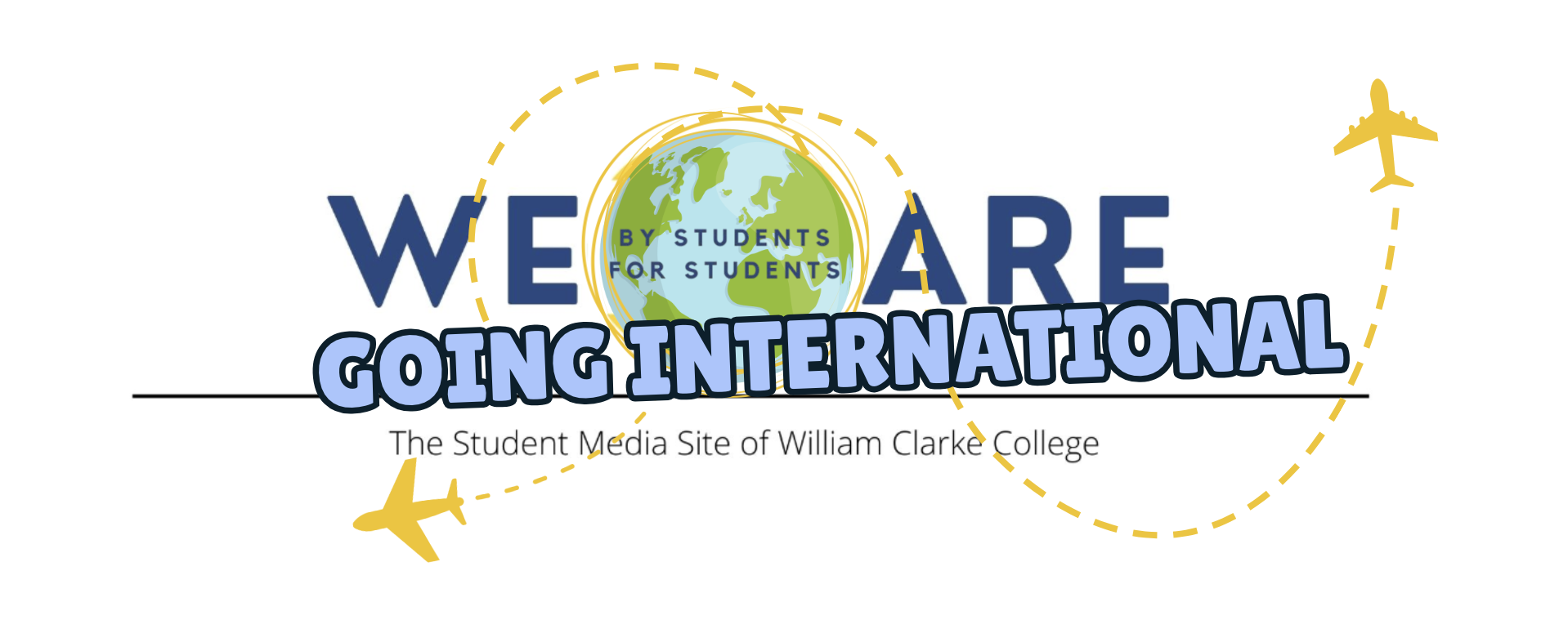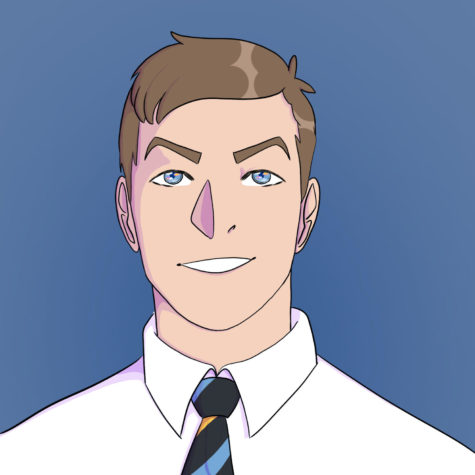The Death of Intelligence?
May 3, 2023
You’ve just landed back home after spending the day at the beach. You’re excited about a busy day on Sunday, but your parents ask you to check Connect just one more time before going to bed. You sigh, and as you log on, you watch a Shakespeare-level tragedy unfold in front of your eyes – you completely forgot about a 500-word short story for English, and it is due on Monday morning.
How did you let this happen? Your mind races about the situation, and you go over your options. An early start tomorrow means staying up isn’t an option. The lunch you’ve planned isn’t essential, but there is another option…
ChatGPT. With a minute or so of tweaking the right prompt and editing some questionable language choices, you know you can get a passing grade and evade any plagiarism checks.
In the heat of the moment, the option seems appealing. However, the consequences can lead far further than the “easy way out” that it seems on the surface.
The initially apparent observation is the ethical issues presented with utilising an AI to complete schoolwork. It is a very clear example of plagiarism, which is outlined as a form of exam malpractice by NESA. In my opinion, however, the much larger-scale issue is the lack of learning in this practice. Let me explain.
When you ‘complete’ your work using an AI, you skip past the learning process, and straight into having a completed piece of work. This neglects any attempt at learning the content. While this might work in single instances, a topic completed on AI alone won’t yield any learning as a student.
This is a problem.
As new members of our society join the workforce, we could face a potentially devastating wave of uneducated, unknowing and demotivated young people. Consider an English teacher, graduating from university in 2030. By that time, plagiarism-checking tech may not have caught up to the latest AI technology, meaning this uni student could coast through university, not paying much attention but utilising technology to achieve questionable but passing grades. As they enter the workforce, they would know little to nothing about how to teach, and yet they have a group of students in front of them, likely relying even more on technology to coast through school.
A potential future shown in “Brave New World” highlights some of the problems that AI could lead to. In summary, Brave New World sheds light on a dystopian society where the development of technology and ultimately the isolated pursuit of human happiness led to a world where the main goal of life is to achieve personal happiness. This is a potential danger of AI, as humans recede into the background, forgetting the true purpose of learning itself…













